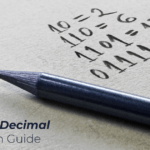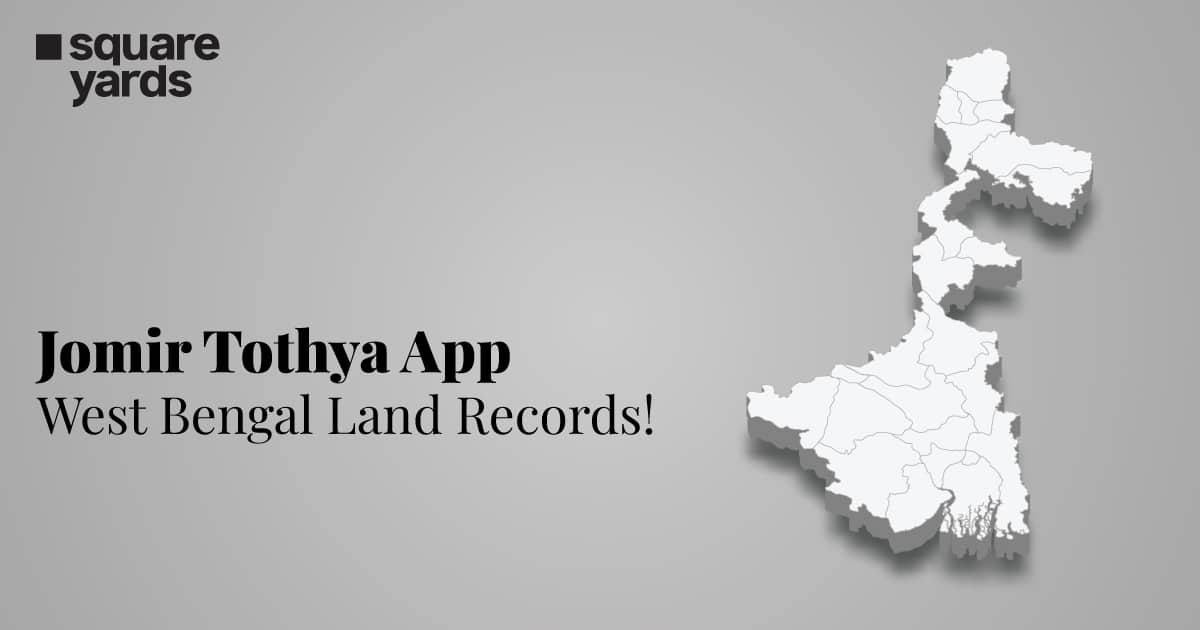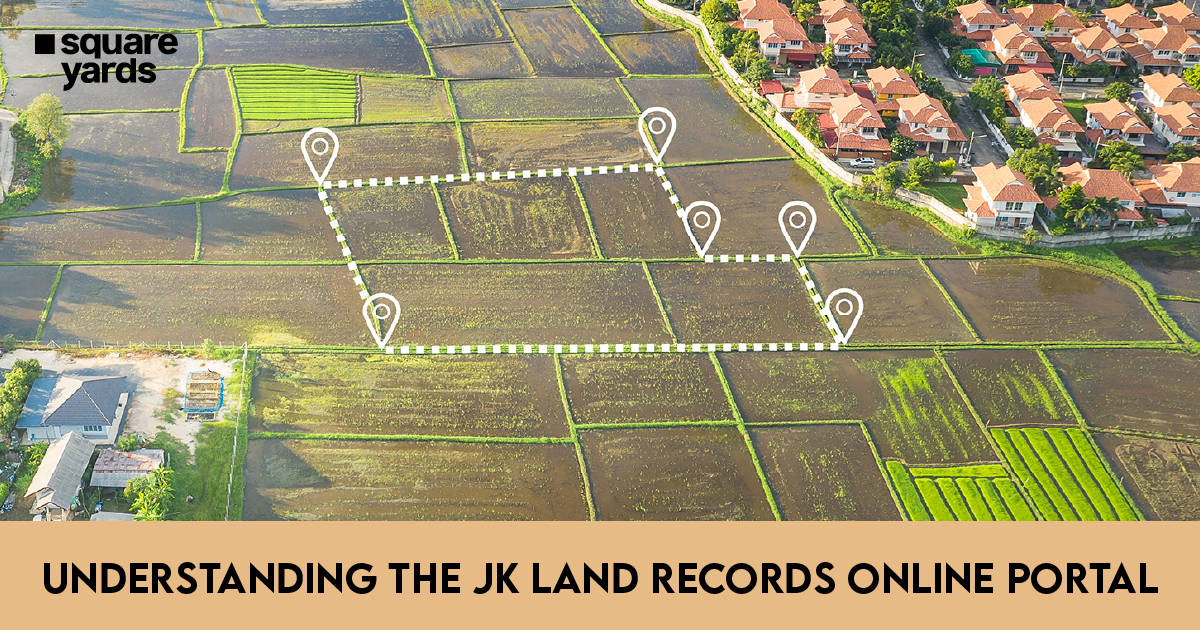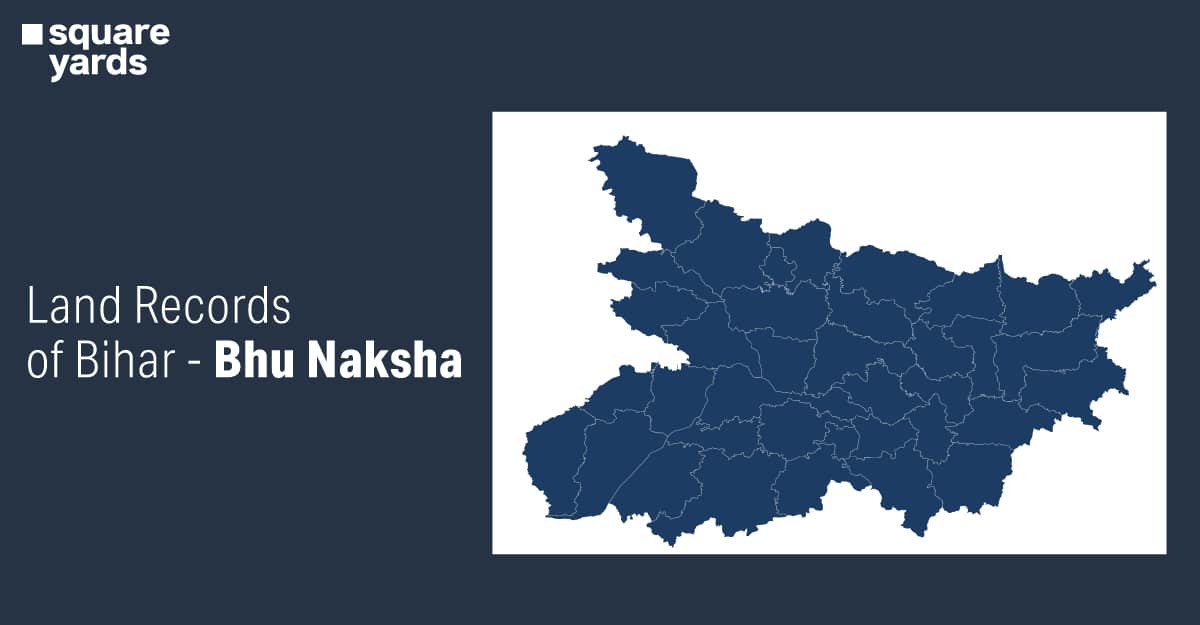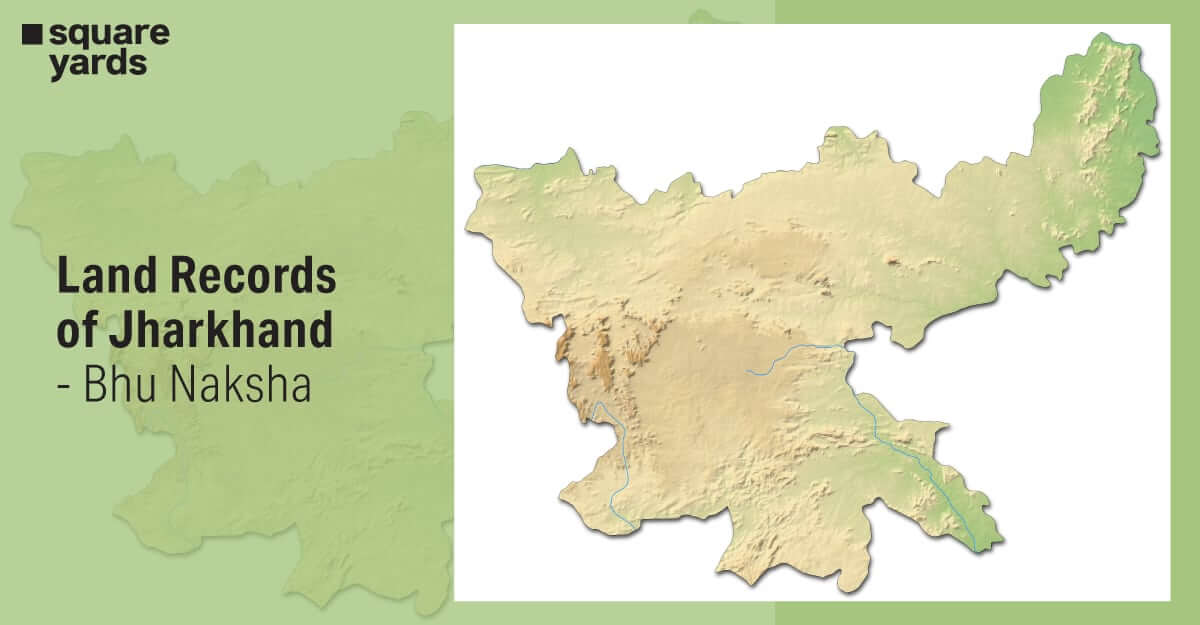If there’s any metric conversion that doesn’t seem like a nightmare, it’s this- the conversion of Kilometers to Meters (k to m). We are sure many of you might be feeling nostalgic as this is what we used to do in our schools (in case you aren’t a student). One of the most obvious reasons why this metric conversion isn’t perplexing is because of the smaller number of zeroes contained in them. Plus, all you need to do is multiply.
However, before you delve into the process of converting k to m, don’t you think you should know what these units are. Yes, you should! Hence, we have created this guide for you where you can learn the fundamentals of Kilometers and Meters ( k to m). We have discussed the definitions, uses of the units, the relationship between them, differences, the formula for conversion, and more.
Let us begin with the definition of Kilometer-
What is a Kilometer?
A Kilometer is defined as the distance traversed by light in a vacuum in a time interval of 1/299,792,458 seconds. Mathematically, one Kilometer is equivalent to 1000 meters. In fact, it’s a multiple of the SI base unit of length, meter. Kilo is basically a prefix of 103 in a metric system. We can abbreviate kilometers as km. For instance, we can write 5 kilometers as 5 km, 6 kilometers as 6 km, and so on.
Since we are talking about the symbol and abbreviation, many people also use the symbol ‘k’ to denote km. However, the International Bureau of Weights and Measures doesn’t recommend k to represent Kilometers.
The term ‘Kilo’ in Kilometers is a Greek word that means thousand. Therefore, the term Kilometer is an amalgamation of two words- the Greek word- Kilo meaning thousand, and Meter, SI base unit of length.
The unit is employed for demonstrating the distance between geographical places on land in the major part of the world. The United States and the United Kingdom are a few notable exceptions that use statute miles instead of Kilometers.
Current Use of Kilometer
Almost the majority of the world utilizes Kilometer as a unit to express the distance between different geographical places, while the United States and the United Kingdom are two notable exceptions.
What is Meter?
Meter is one of the most commonly used units globally. It is defined as an SI unit for measuring the length. In Physics, it is defined as the path traversed by the light in a vacuum within a set time interval of 1/299,792,458 seconds. This definition of the meter is one of the recent and most accepted definitions of meter to date.
One meter is typically equal to 100 centimeters or 39.37 inches. In its standard form, a meter can be represented and abbreviated as m. for example, you can write 20 meters as 20 m, 88 meters as 80 m, and so on.
The term Meter was derived from the Greek word ‘metron’ which means ‘a measure.’
You can use a tape or ruler to measure the length of the object or any distance in meters. Tapes and rulers are easily available at home centers or local retailers. Rulers come in different values comprising imperial, metric, or the combination of both values. Hence, ensure that you get the right one to meet your needs while purchasing the ruler.
Current Use of Meter
Since a meter is accepted in the International System of Units and Measurement, it is used worldwide for the measurement of length. Moreover, the unit is also used to measure the distances in races like swimming, running, etc. Baseball bats, guitars, and yardsticks are some objects that are almost one meter in length.
Relation Between Kilometer to Meter
Kilometer and meter share quite an effortless relationship. No complications at all and here’s why:
1 km = 1000 m, and
1 m = 0.001 km or 1 km = 103 m.
Using this easy relationship between Kilometers and Meters, you can easily extract the formula to convert 1 km to m.
We have derived and mentioned the formula for the kilometer to meter conversion later in this blog. Until then, have a look at the Kilometers to the meters conversion table.
Kilometer to Meter Conversion Table
| Kilometers to Meters | Kilometers to Meters |
| 1 km is equal to 1,000 m | 21 km is equal to 21000 m |
| 2 km is equal to 2,000 m | 22 km is equal to 22000 m |
| 3 km is equal to 3,000 m | 23 km is equal to 23000 m |
| 4 km is equal to 4,000 m | 24 km is equal to 24000 m |
| 5 km is equal to 5,000 m | 25 km is equal to 25000 m |
| 6 km is equal to 6,000 m | 26 km is equal to 26000 m |
| 7 km is equal to 7,000 m | 27 km is equal to 27,000 m |
| 8 km is equal to 8,000 m | 28 km is equal to 28,000 m |
| 9 km is equal to 9,000 m | 29 km is equal to 29,000 m |
| 10 km is equal to 10,000 m | 30 km is equal to 30,000 m |
| 11 km is equal to 11,000 m | 32 km is equal to 32,000 m |
| 12 km is equal to 12,000 m | 34 km is equal to 34,000 m |
| 13 km is equal to 13,000 m | 35 km is equal to 35,000 m |
| 14 km is equal to 14,000 m | 40 km is equal to 40,000 m |
| 15 km is equal to 15,000 m | 50 km is equal to 50,000 m |
| 16 km is equal to 16,000 m | 60 km is equal to 60,000 m |
| 17 km is equal to 17,000 m | 70 km is equal to 70,000 m |
| 18 km is equal to 18,000 m | 80 km is equal to 80,000 m |
| 19 km is equal to 19,000 m | 90 km is equal to 90,000 m |
| 20 km is equal to 20,000 m | 100 km is equal to 100,000 m |
How to Convert k to m
The conversion of a Kilometer to a meter is quite easy. Both of them are the length measurement unit in the metric system. However, sometimes you may know the length of something in kilometers but may have to convert it into meters. So, to do this, you can follow two methods:
- Use SquareYards Kilometer to meter calculator
- Use Relationship to Derive the Formula for Converting Kilometer to Meter
Use SquareYards km to meters Calculator
The calculator is pretty easy to use. You just need to enter the exact value of the Kilometer in the right box and click on the convert tab. The value you will receive will be your answer.
Use Relationship to Derive the Formula for Converting 1 Kilometer to Meters
In the above section, we have already seen that-
1 km = 1000 m
Therefore, to convert the given value of km to m, we can use the formula-
1 km to m = value of km x 1000 m
This means that to convert the value of km to m, you need to multiply the given value of Kilometer by 1000 m. The resulting value would be your answer.
The formula for Converting km to m & Examples
As it is clear from the above equation, 1 km is equal to 1000 m. Therefore, the formula for 1 km to m will be-
Meter = value of km x 1000 m
With the help of the above formula, you can easily calculate any value of Kilometers into meters.
Let us understand it better with the help of a few examples:
Example 1: Convert 2 km to m
Sol: Using the formula given above, we can convert the value as-
500 km to m = 2 x 1000 m = 2000 m.
Therefore, 2 Kilometers is equivalent to 2000 meters.
Example 2: Convert 10.5 km to m
Sol: Since 1 km to m = value of km x 1000 m
Therefore, 10.5 km to m = 10.5 km x 1000 m
= 10500 meters
Hence, 10.5 km is equivalent to 10500 meters.
Don’t miss It!
| Liter to Gallon | Liter to Gallon Conversion: Conversion Table, Examples |
| Feet to Centimeter | How to Convert Feet to Centimeter: Formula & Examples |
| Cubic Meter to Liter | How to Convert Cubic Meter to Liter: Formula & Examples |
| Cent to Square Feet | How to Convert Cent to Square Feet: Formula & Examples |
| Pounds to Kilogram | How to Convert Pounds to Kilogram: Formula & Examples |
| Milligrams to Grams | How to Convert Milligramsto Grams: Formula & Examples |
| Cent to Square Meter | How to Convert cent to sq m: Formula & Examples |
| Grams to Ounces | How to Convert Grams to Ounces: Formula & Examples |
Difference Between Kilometer and Meter
Both Kilometer and Meters (km to m) are units for the measurement of length, they really differ from each other on various grounds. Those might include their applications, level of use, acceptance, and more. We have explained a few distinctions between the two in the table below:
|
Basis of Comparison |
Kilometer |
Meter |
|
Symbol |
km |
m |
|
Definition |
A Kilometer is a measuring unit of length that is defined as the distance traversed by light in a vacuum in a time interval of 1/299,792,458 seconds. Mathematically, one Kilometer is equivalent to 1000 meters. |
Meter is one of the most commonly used units globally. It is defined as an SI unit for measuring the length. In Physics, it is defined as the path traversed by the light in a vacuum within a set time interval of 1/299,792,458 seconds. |
|
Relation |
1 km = 1000 m |
1 meter = 1,000 km |
|
Size |
Bigger than a Meter |
Three times smaller than a Kilometer |
|
Acceptance |
The prefix of the SI base unit – 103 |
SI unit of length |
|
Applicability |
It is used worldwide to express the distance between different geographical places, while the United States and the United Kingdom are two notable exceptions. |
Meter is used globally with no notable exceptions as it is an SI unit for the measurement of length. |
|
Use |
It is usually used to measure the distances between two geographical locations. |
It is used worldwide for the measurement of length. Moreover, the unit is also used to measure the distances in races like swimming, running, etc. |
|
Origin |
The term Kilometer is an amalgamation of two words- the Greek word- Kilo meaning thousand and Meter, SI base unit of length. |
The term Meter was derived from the Greek word ‘metron’ which means ‘a measure.’ |
Frequently Asked Questions (FAQ)
To convert a K to M, simply multiply the given number of Kilometers by 1000 m. The resulting value would be your answer.
meters = Kilometers x 1000 m
For example, convert 6.5 Kilometers to m.
Sol: Since meter = Kilometers x 1000 m. Therefore,
6.5 km to m = 6.5 x 1000 m = 6500 meters.
1 Kilometer = 1000 m.
0.001 km is equal to 1 m.
1 km is a unit length of distance that is equivalent to 1000 m.
1 km in m means 1000 meters.
Both the words Kilometer and Kilometres are correct. While the former one is used in American English, the latter is used in British English.
There are 1000 meters in 1 Kilometer.
To convert Kilometers to Meters, you can use the following formula:
Distance in m = Distance in km x 1000 m
Following the above formula, you will get the value in meters.













